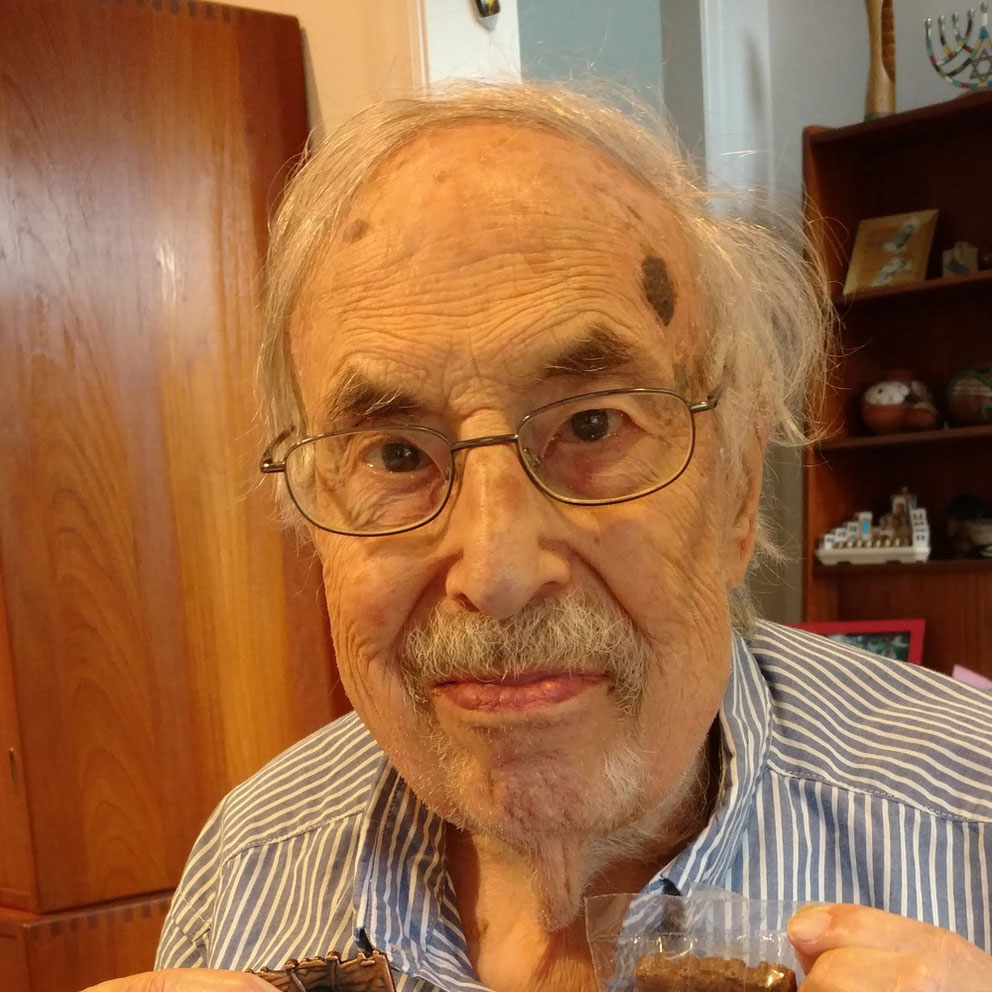Dr. David Geselowitz, 1930-2020

David Geselowitz, Penn State distinguished professor emeritus of bioengineering and medicine, died Aug. 22, 2020, at age 90. He was known for his contributions to the theory of the electrocardiogram (ECG) and the development of the artificial heart.
“When David Geselowitz came to Penn State, he had already established an international reputation as an expert in electrocardiology,” said Roger Gaumond, retired bioengineering faculty member at Penn State. “His partnership with cardiothoracic surgeon Dr. William Pierce of Penn State Health Milton S. Hershey Medical Center led to decades of significant developments in the design and improvements of cardiovascular assist systems and the Penn State Artificial Heart.”
Geselowitz came to Penn State in 1971 to establish a graduate program in bioengineering. In 1974, Geselowitz launched the University’s first intercollege graduate degree program with faculty from the Colleges of Engineering, medicine, Science and Health and Human Development.
“David exemplified the meaning of bioengineering at a time when the discipline was barely defined,” said William Weiss, professor of surgery and biomedical engineering. “He brought rigorous engineering analysis to the field of cardiology and laid the groundwork for modern clinical practice. He was also an excellent teacher and mentor, always open to questions and discussion.”
Geselowitz worked closely with Pierce to supervise development an artificial heart. In 1976, a pneumatic left ventricular assist device was successfully implanted in a human patient. It was the first successful procedure of its kind. Still used today, the device helps keep patients alive until a heart transplant can be performed. This technology eventually evolved into a full artificial heart, still in development at Penn State today.
Gerson Rosenberg, professor of surgery and bioengineering and chief of the College of Medicine’s Division of Applied Biomedical Engineering, said Geselowitz’s kindness stood out.
“He had a very profound impact on so many students and faculty; he was an outstanding mentor,” Rosenberg said. “He was a very kind, polite and caring person who always treated everyone with great respect. When I first joined the faculty at Penn State, he made me feel genuinely welcome. David was also a great collaborator on our research. I think of him most as a very kind and caring person dedicated to education and research.”
Memorial contributions in his name can be made to the American Heart Association.
Read more about Dr. Geselowitz in this Penn State News article.
If you're having trouble accessing this content, or would like it in another format, please email Penn State Health Marketing & Communications.
